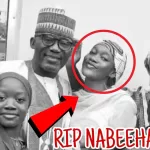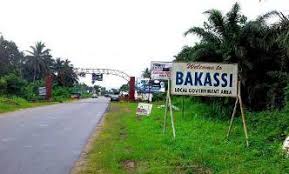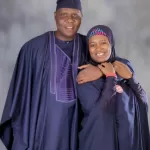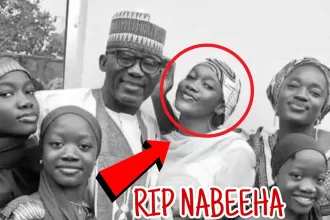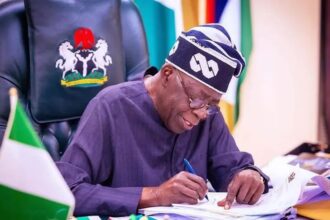In a testament to the enduring influence of the past, the Bakassi Peninsula dispute, once a boiling point between Nigeria and Cameroon, continues to leave its mark on individuals, societies, and nations. The International Court of Justice’s resolution of this oil-rich contention years ago may have settled the issue on paper, but its consequences persist, with far-reaching implications for those involved.
 The year 2002 marked a turning point as the International Court of Justice declared Cameroon the rightful owner of the Bakassi Peninsula, drawing a line under a conflict that had simmered for decades. This slice of land had been the epicentre of a boundary and territorial clash, amplifying tensions between the two nations. However, the roots of this feud stretched back even further, to 1884, when the Obong of Calabar signed a Treaty of Protection with Britain, eventually leading to the territory’s transfer to Germany.
The year 2002 marked a turning point as the International Court of Justice declared Cameroon the rightful owner of the Bakassi Peninsula, drawing a line under a conflict that had simmered for decades. This slice of land had been the epicentre of a boundary and territorial clash, amplifying tensions between the two nations. However, the roots of this feud stretched back even further, to 1884, when the Obong of Calabar signed a Treaty of Protection with Britain, eventually leading to the territory’s transfer to Germany.
The peninsula’s significance is underscored by its population, which is primarily composed of approximately 300,000 Nigerians, constituting a staggering 90 per cent of its inhabitants. Despite several attempts at peaceful resolution through bilateral negotiations in 1981, 1993, 1994, and 1996, these efforts nearly descended into armed conflict.
 During a recent television discussion, a key member of the legal team engaged in the Bakassi case, Epiphany Azinge, shed light on an overlooked factor that contributed to Nigeria’s territorial loss. Azinge pointed to flawed documentation as a pivotal issue that marred the nation’s defence.
During a recent television discussion, a key member of the legal team engaged in the Bakassi case, Epiphany Azinge, shed light on an overlooked factor that contributed to Nigeria’s territorial loss. Azinge pointed to flawed documentation as a pivotal issue that marred the nation’s defence.
 Professor Anthony Ijeola Asiwaju, an eminent authority on international boundaries and a former Commissioner of the International Boundary Commission, offered a different perspective during a segment on AkweyaTV. Citing comprehensive research encompassing treaties, maps, and historical archives, Asiwaju contended that Bakassi had never truly belonged to Nigeria. His historical analysis delved into the intricacies of the treaties and colonial dynamics, moulding the dispute’s course.
Professor Anthony Ijeola Asiwaju, an eminent authority on international boundaries and a former Commissioner of the International Boundary Commission, offered a different perspective during a segment on AkweyaTV. Citing comprehensive research encompassing treaties, maps, and historical archives, Asiwaju contended that Bakassi had never truly belonged to Nigeria. His historical analysis delved into the intricacies of the treaties and colonial dynamics, moulding the dispute’s course.
However, a counter-opinion emerged from Femi Falana [SAN], who took a divergent stance. Falana’s view centres on Section 12 of the Nigerian Constitution, which mandates the domestication or enactment of treaties into law by the National Assembly for their legal validity. Falana lambasted the executive branch’s approach to the matter, characterising the transfer of Bakassi to Cameroon as an instance of executive overreach and dismissal of Nigeria’s constitutional framework.
The legacy of the Bakassi Peninsula remains a multifaceted subject, intertwining historical narratives, legal analyses, and constitutional considerations. As Nigeria and Cameroon navigate the aftermath of the ICJ’s verdict, the past continues to exert its influence on the present, ensuring that the story of Bakassi is far from concluded.


